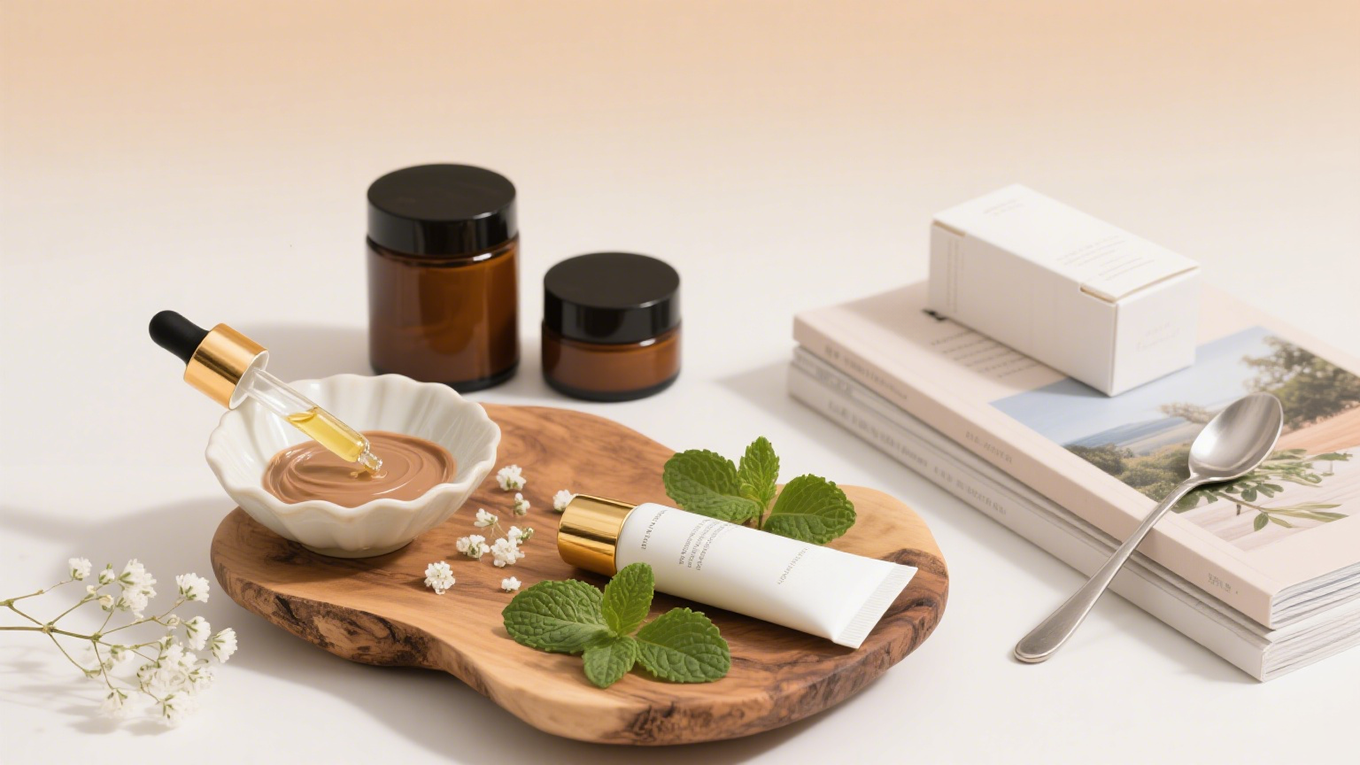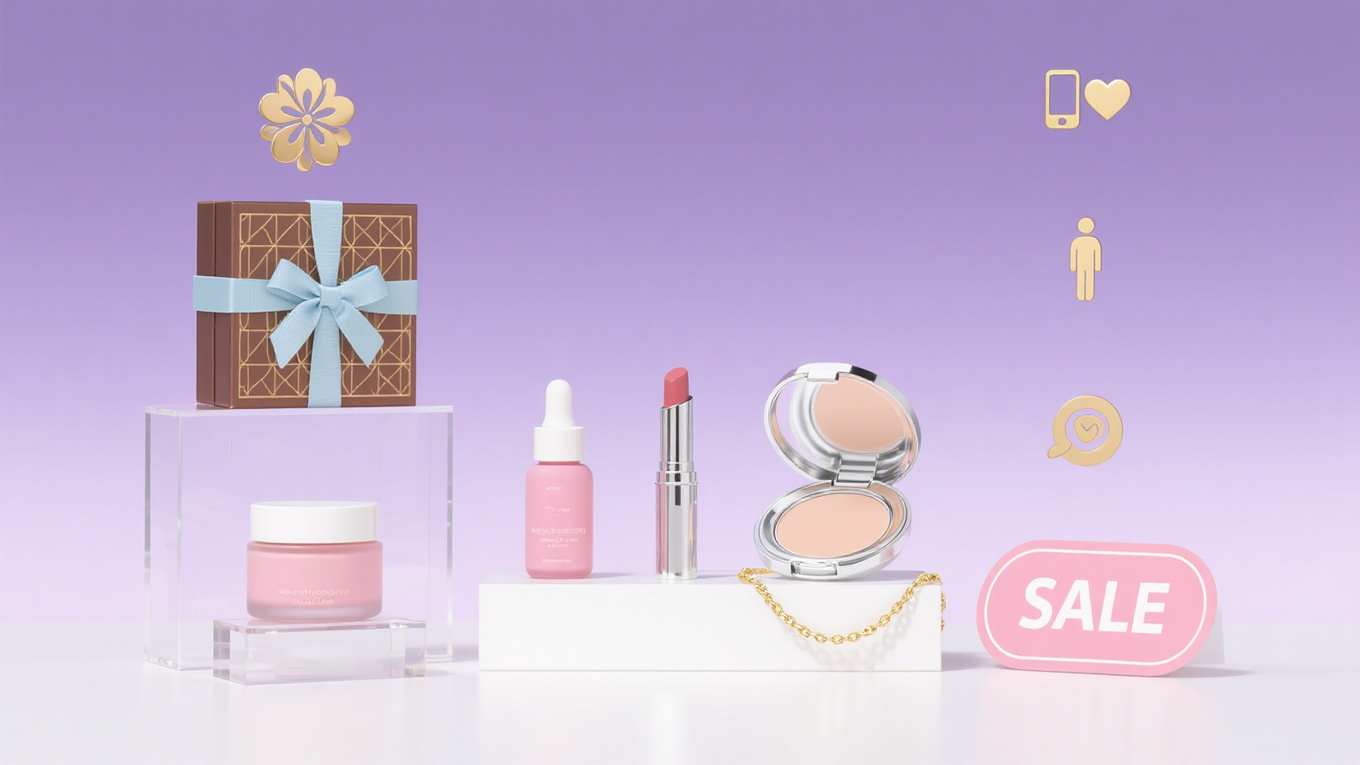The beauty industry is undergoing a transformative shift, with personalized cosmetics taking center stage. Today’s consumers demand products that not only meet their individual needs but also reflect their unique identity and lifestyle. From customized foundation shades to bespoke skincare routines, personalized cosmetics are redefining how beauty brands engage with their customers. In this detailed guide, we explore the growing significance of personalized beauty, the key drivers of this trend, and actionable strategies for brands to succeed in 2025.
The Rise of Personalized Cosmetics
Personalization in cosmetics is no longer a niche concept. Consumers increasingly expect products that cater to their unique skin types, tones, and aesthetic preferences. Several factors are driving this rise:
- Technological Advancements: AI-powered tools, skin analysis apps, and digital color-matching devices make it easier for consumers to select products tailored to their needs.
- Consumer Expectations: Modern shoppers prioritize individuality, demanding formulations and shades that match their personal preferences.
- Social Media Influence: Platforms like Instagram and TikTok fuel the desire for unique looks, encouraging experimentation and customization.
- Sustainability and Minimalism: Personalized cosmetics often reduce waste by producing exactly what the consumer needs, aligning with eco-conscious values.
For brands, embracing personalization is essential to remain competitive and build deeper connections with consumers.
Key Benefits of Personalized Cosmetics
1. Enhanced Consumer Satisfaction
Tailored products provide a superior experience, as consumers feel understood and valued. Personalized solutions reduce trial-and-error frustration, leading to higher satisfaction and brand loyalty.
2. Stronger Brand Differentiation
Offering personalized cosmetics helps brands stand out in a crowded market. While generic products can blend into the landscape, customized formulations create a unique selling proposition, increasing brand recognition and perceived value.
3. Improved Customer Retention
When consumers receive products designed specifically for them, they are more likely to return for repeat purchases. Personalized recommendations and subscription models further encourage long-term engagement.
4. Data-Driven Insights
Personalized cosmetic solutions rely on detailed consumer data, such as skin type, tone, and preferences. Brands can leverage this information to refine product development, marketing campaigns, and consumer outreach.
Trends Shaping Personalized Cosmetics in 2025
1. AI and Augmented Reality (AR) Tools
Technologies like AI skin analyzers and AR try-on apps allow consumers to test and visualize products virtually. This not only enhances the shopping experience but also provides brands with valuable behavioral insights to improve offerings.
2. Custom Formulations
Brands increasingly offer bespoke formulations, including foundations, lipsticks, and skincare products. Customers can adjust ingredients for hydration, pigmentation, or skin sensitivity, ensuring optimal results.
3. Subscription and Refill Models
Personalized subscription services, where consumers receive curated products on a recurring basis, have surged in popularity. Refill options and modular packaging further enhance convenience and sustainability.
4. Integration of Wellness and Beauty
Consumers are seeking holistic solutions, combining cosmetic personalization with wellness benefits. Products infused with vitamins, antioxidants, or skin-soothing ingredients cater to this growing demand.
Implementing Personalized Strategies for Your Brand
Step 1: Understand Your Audience
Begin by analyzing your target consumers. Collect data on demographics, preferences, lifestyle habits, and skincare or makeup concerns. This helps identify the types of personalized products and services that will resonate most.
Step 2: Invest in Technology
Adopting advanced technologies is crucial for delivering personalization:
- AI and Machine Learning: Predict consumer needs and suggest tailored products.
- AR Virtual Try-Ons: Allow customers to visualize shades and formulations before purchase.
- Smart Surveys and Quizzes: Capture detailed consumer information efficiently.
Step 3: Offer Customization Options
Provide flexibility in product offerings:
- Shade Matching: Foundations, concealers, and lip products can be customized for color accuracy.
- Ingredient Selection: Skincare products can be tailored based on skin type, sensitivities, and desired effects.
- Packaging Personalization: Offering monogrammed labels or custom designs enhances the consumer experience.
Step 4: Leverage Digital Channels
Digital marketing is pivotal for promoting personalized cosmetics:
- Social Media Campaigns: Highlight your unique offerings and encourage user-generated content.
- Influencer Partnerships: Collaborate with influencers to showcase the benefits of personalized products.
- Content Marketing: Educate consumers on the science, benefits, and process of personalization.
Step 5: Collect Feedback and Iterate
Continuous improvement is key to sustaining growth. Gather customer feedback, monitor product performance, and adjust your offerings to align with evolving preferences.
Challenges in Personalized Cosmetics
While opportunities are immense, brands face specific challenges:
- High Production Costs: Small-batch or custom formulations can be more expensive to manufacture.
- Inventory Management: Managing diverse product variants requires efficient logistics and forecasting.
- Data Privacy: Collecting and using personal data must comply with regulations to protect consumer trust.
- Market Education: Consumers may need guidance on the benefits and process of personalized products.
Addressing these challenges effectively ensures long-term success and customer satisfaction.
Future Outlook
The personalized cosmetics market is expected to continue its rapid expansion in 2025. Key growth drivers include technological innovation, increased consumer demand for individuality, and a focus on sustainability. Brands that embrace personalization while maintaining quality, ethical practices, and strong digital engagement are positioned to thrive.
Emerging trends such as AI-driven recommendations, subscription services, and wellness-infused products will further reshape the industry, offering unprecedented opportunities for growth and differentiation.
Personalized cosmetics are revolutionizing the beauty sector by delivering tailored experiences, enhancing consumer satisfaction, and fostering brand loyalty. By integrating advanced technologies, offering customizable products, and leveraging digital marketing strategies, cosmetic brands can capitalize on this transformative trend. In 2025, embracing personalization is not just a competitive advantage—it is a necessity for building meaningful consumer relationships and driving sustainable growth.



